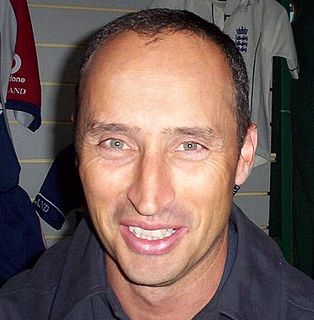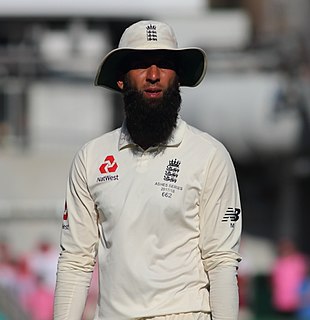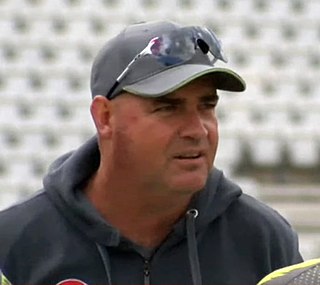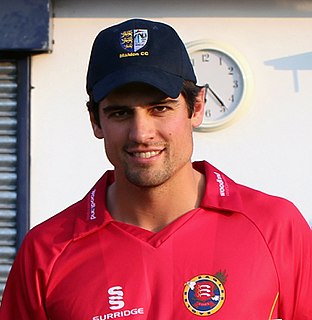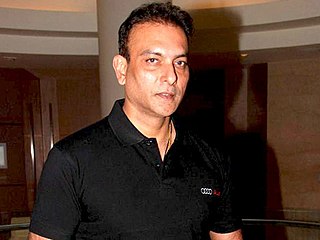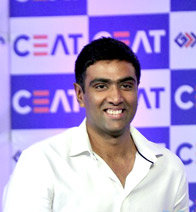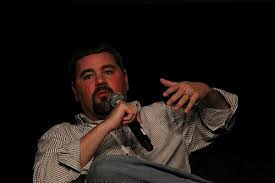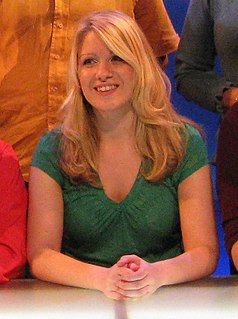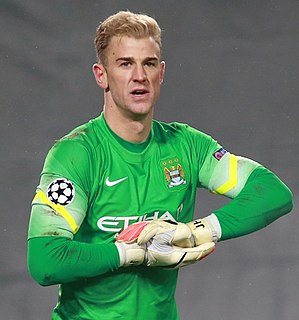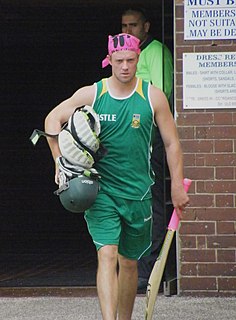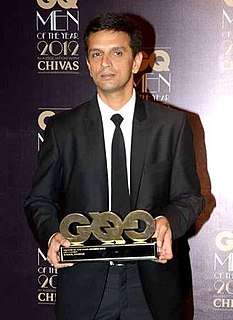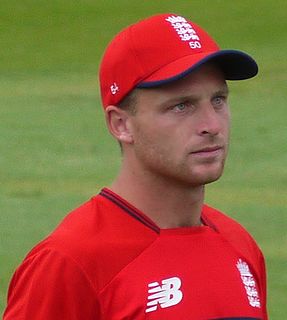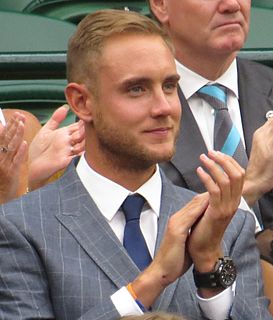A Quote by Andrew Flintoff
Related Quotes
What interested me the most was that when I [traveled to Europe] I knew what Joseph Beuys was doing, he knew what I was doing, and we both, we just started to talk. How did I know what Daniel Buren was doing, and to an extent, he knew exactly what I was doing? How did everybody know? It's an interesting thing. I'm still fascinated by it because, why is it now, with the Internet and everything else, you get whole groups of artists who have chosen to be regional? They really are only with the people they went to school with.

